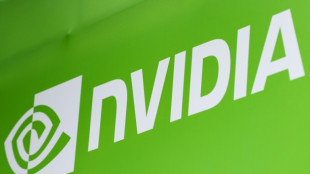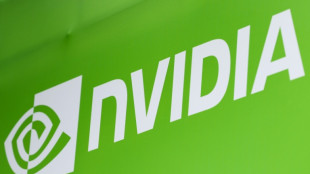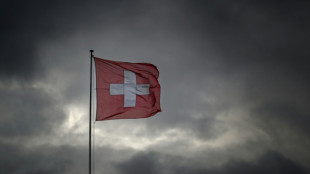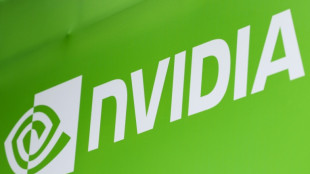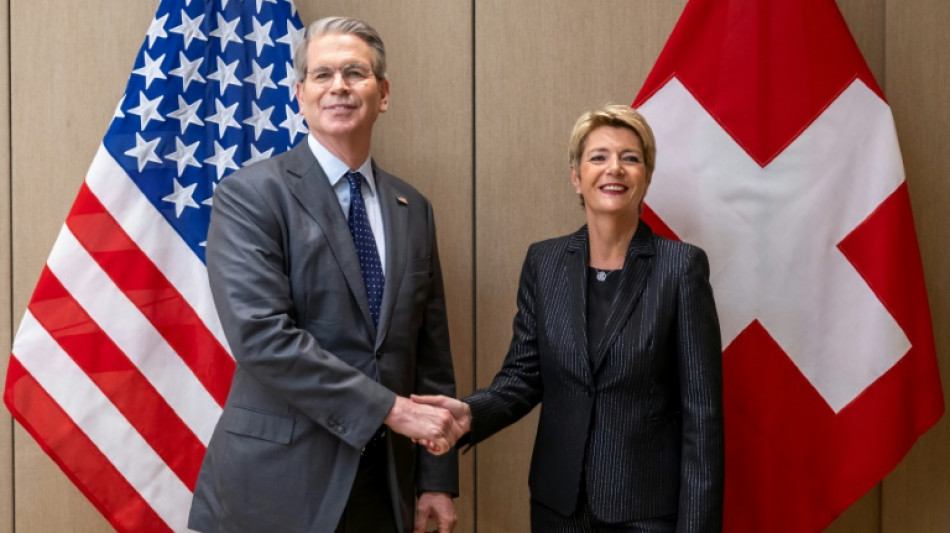

US, Swiss agree to speed up tariff talks
Switzerland and the United States agreed Friday to speed up negotiations towards a deal on averting further tariffs planned by Washington, the Swiss president said after talks with top US officials.
As part of US President Donald Trump's global tariffs offensive unleashed on April 2, his administration has threatened to impose a 31 percent levy on Swiss exports to the United States.
Such a move would be catastrophic for major sectors of Switzerland's economy including manufacturing and watchmaking.
For now, Washington is imposing 10 percent tariffs on goods coming from Switzerland and much of the rest of the world.
US Treasury Secretary Scott Bessent and China's Vice Premier He Lifeng are meeting in Geneva this weekend in an attempt to cool the trade war between the world's two biggest economies.
That gave Swiss officials the opportunity to hold their own negotiations on Trump's tariffs.
President Karin Keller-Sutter, who is also the finance minister, and Economy Minister Guy Parmelin held talks with Bessent and US Trade Representative Jamieson Greer.
"We expect from the US side that we are really treated equally," Keller-Sutter said after the meeting.
"We can't understand that we have been inflicted 31 percent and the European Union 20 percent," she told a press conference, when Switzerland "doesn't charge any industrial tariffs at all, we are at zero".
"We also would like to accelerate the talks with the US authorities so that we can find a solution very quickly. This is also in the interests of both countries," she said.
- 'Treated swiftly' -
The Geneva talks came a day after Britain reached a deal with the United States avoiding the worst of the new levies.
Keller-Sutter noted that Switzerland was a key direct investor in the United States, in first place in research and development, and in fourth place in manufacturing.
"The US side was quite clear about the fact that they wanted to accelerate the process with Switzerland," she said.
After the deal with Britain, Washington "couldn't guarantee that we would come second but that we would really be in a group of countries that are now treated swiftly", she said.
She said that over the next two weeks a proposal for a letter of intent would be submitted, with the aim of moving towards an agreement in principle similar to the one the United States struck with Britain.
"The aim of Switzerland is to come back to zero tariffs," she said.
The United States has yet to comment following Friday's talks.
- Nespresso and big pharma -
Switzerland exports more to the United States than it imports from it.
In 2024, the total value of Switzerland's goods exports to the United States is estimated to reach 52.65 billion Swiss francs ($63.7 billion), according to Switzerland's Federal Office for Customs and Border Security.
Pharmaceutical products were the largest export, and the US is Switzerland's second-biggest trading partner after the EU.
Imports of goods from the United States were valued at 14.13 billion francs, according to the customs office.
There may be only so far that Bern can get Washington to bend.
US Commerce Secretary Howard Lutnick said Thursday that Washington was likely to impose tariffs of more than 10 percent on trading partners with which it has a trade deficit.
The potential repercussions of the Trump tariffs on Switzerland are still difficult to quantify.
In its quarterly sales figures, Swiss food giant Nestle indicated that its Swiss-made Nespresso coffee pods were likely to be affected.
Pharmaceuticals were not targeted in the tariffs announced in early April, though the Trump administration has blown hot and cold on such products since then.
Faced with the uncertainties, two Swiss pharmaceutical heavyweights took their own initiatives.
Novartis has said it will increase its investments in the United States by $23 billion over five years, and Roche plans to invest $50 billion over five years.
W.Murphy--NG
